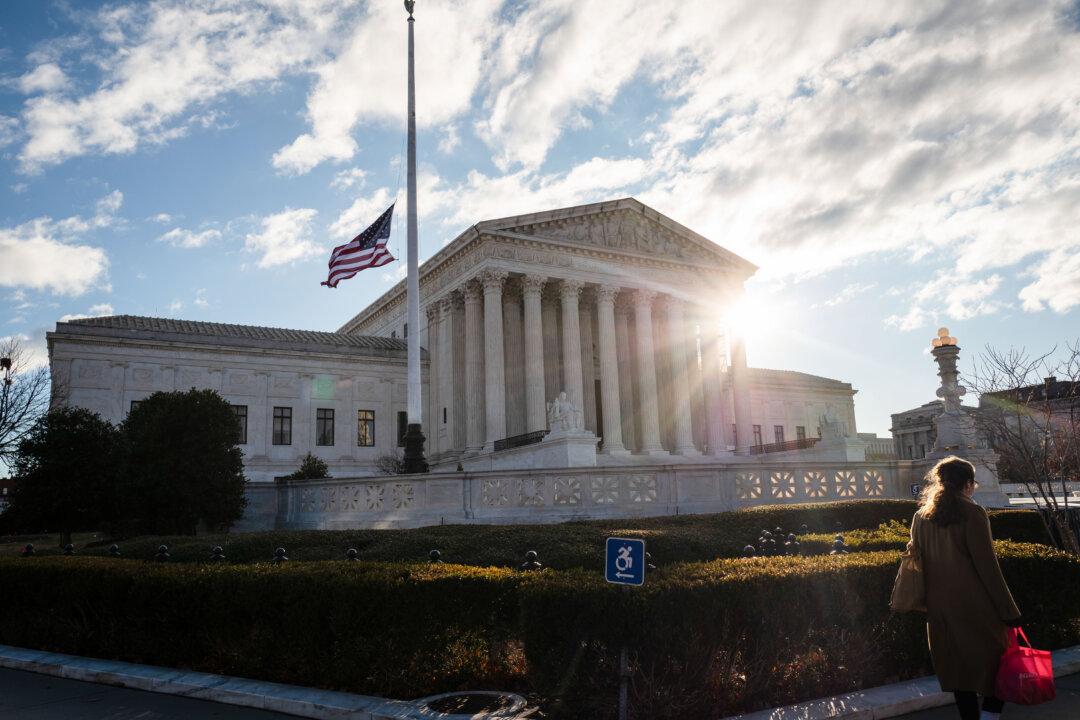The U.S. Supreme Court declined to allow Utah’s request to file a lawsuit that disputed the federal government’s possession of over 18.5 million acres of land in the state.
The Supreme Court denied Utah’s motion for leave to file a bill of complaint in Utah v. United States on Jan. 13. The motion was filed in August 2024.





